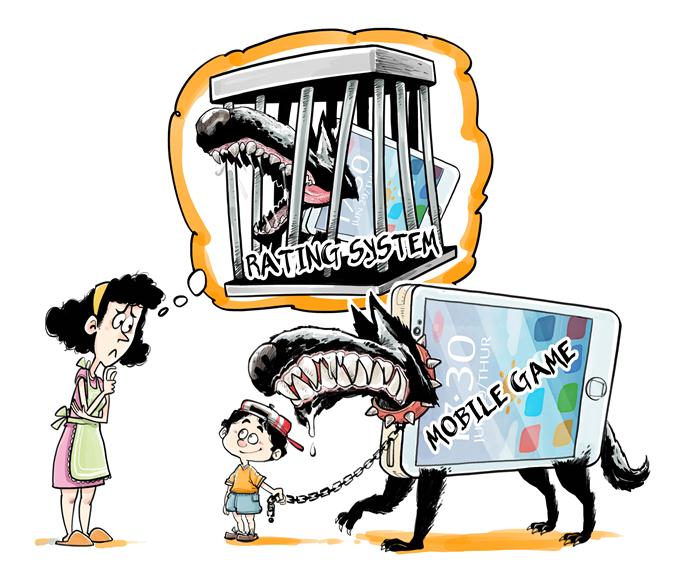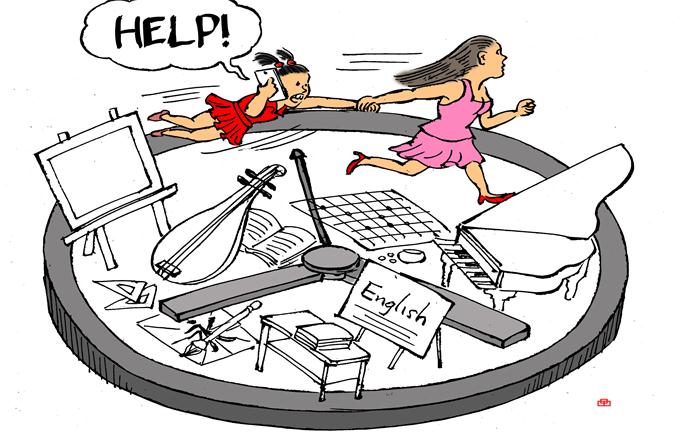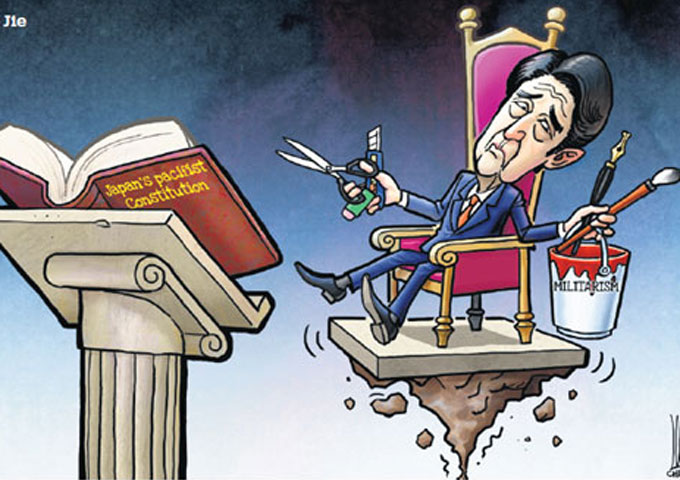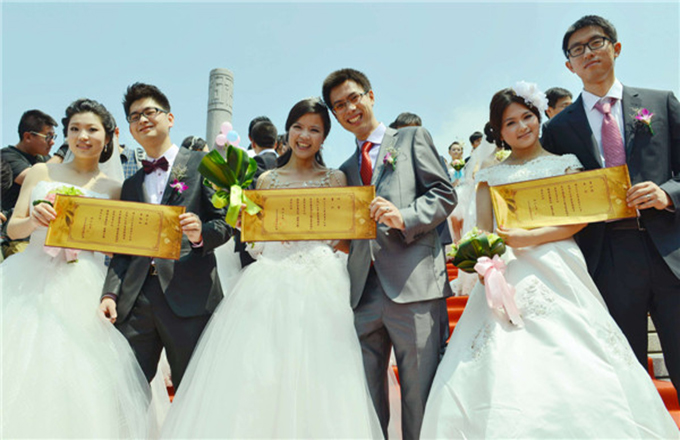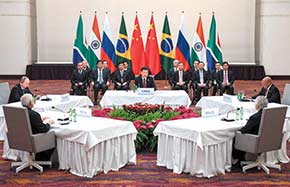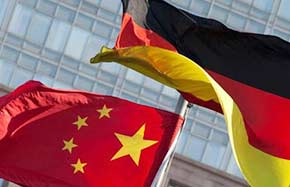Australian media shoot from the hip
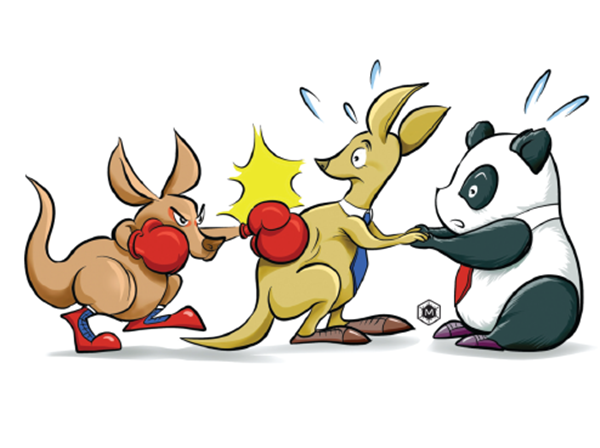 |
|
MA XUEJING/CHINA DAILY |
At an event in Canberra later, China's ambassador to Australia Cheng Jingye dismissed such "Chinese interference" claims as "groundless platitude", calling them an attempt to reheat old, tasteless allegations. People labeling and disseminating such allegations could put China-Australia cooperation at stake, he said.
The truth is, Australia's free media cannot justify the "China panic" hype. Although they claim the investigation is in the national interest, most of their allegations have not been endorsed by judicial or security authorities for lack of sound evidence. This means the media have made the allegations after cobbling up so-called probes into foreign influence on Australian politics.
So the questions of how far Australia's media outlets can go in making allegations and who will be responsible for the consequences must be answered. Political donations by Chinese or Chinese-Australian citizens, like those from other countries and ethnic communities, are legally registered and well documented. If the donors' ethnicity or the amounts they have donated was the issue, then those overseeing the donation system in Australia should be held accountable, not a particular group of donors.
Moreover, since the political parties are supposed to accept donations in a transparent and institutional manner, they should be asked whether illicit interest exchanges were involved. It is well known that Western interest groups try to influence the parties receiving their donations with their appeals, which is acceptable as long as they don't flout any law.
The reports targeting Chinese donations stopped short of mentioning any shady power-money exchange between the recipients and the donors. Nor is there evidence to suggest China-Australia ties enjoyed notable, instant improvement when the political donations from Chinese nationals were on the rise.
By alleging that the Chinese government was behind the donations and linking them to "espionage" and attempts to influence Australian politics, the two Australian media outlets are not only risking their credibility, but also could undermine bilateral relations.
The over-politicization of Chinese donations to Australian parties in recent years also offers a glimpse into Canberra's struggle to achieve political stability and economic prosperity. Until the 2008 global financial crisis Australia enjoyed decent growth and aspired to become a leading Western player within the next two decades.
The financial blows Australia suffered due to the crisis, however, have thwarted its efforts to enter the Western elite club, destabilizing its political leadership-five governments in 10 years with two hung parliaments, which is unprecedented. The uncertainties have widened the public divide over what is in the best interest of their country.
Prime Minister Malcolm Turnbull's government also has to make difficult decisions on its engagement with China and the United States, Australia's largest trading partner and close ally, respectively, especially because the Beijing-led Belt and Road Initiative and Washington's "America First" strategy seem headed in different directions. As such, Canberra should focus on political stability instead of triggering debates on unfounded allegations of Chinese interference.
The author is a researcher at the National Institute of International Strategy of the Chinese Academy of Social Sciences.






